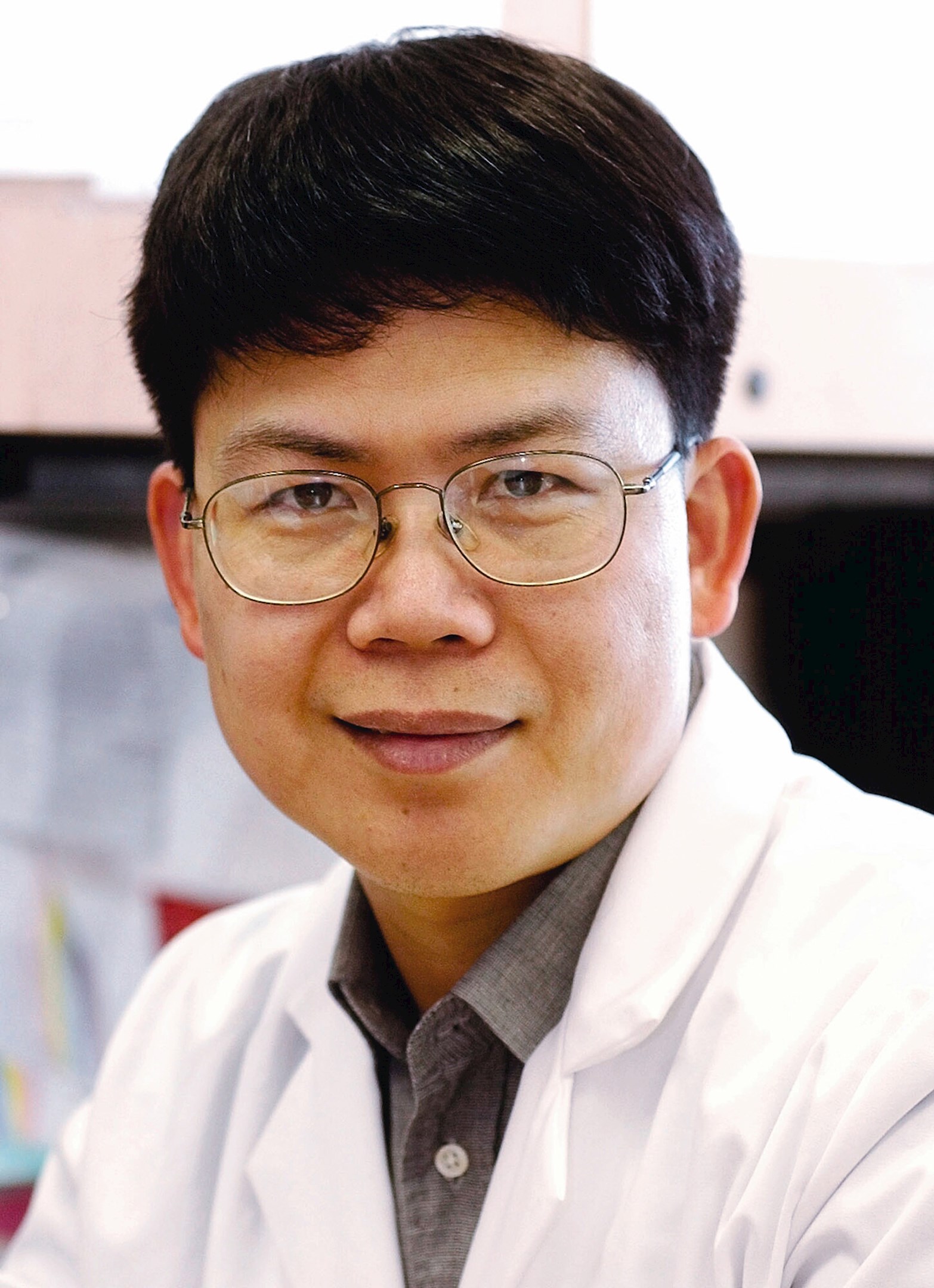The Enemy Within - How Does the Immune System Sense DNA as a Danger Signal?
Speaker: Zhijian ‘‘James’’ Chen (University of Texas Southwestern Medical Center, USA)
24 April 2025 17:00
Mendel Lectures take place in Mendel´s refectory in the Mendel Museum Brno
Hosted by: prof. Mary Anne O'Connell, PhD.
Zhijian ‘‘James’’ Chen is an Investigator of Howard Hughes Medical Institute, and Professor in the Department of Molecular Biology at the University of Texas Southwestern Medical Center at Dallas. He is also Director of Inflammation Research Center and George L. MacGregor Distinguished Chair in Biomedical Science at UT Southwestern. Prior to moving to Dallas, Chen was a senior scientist at ProScript Inc. where he helped discover the proteasome inhibitor VELCADE, a medicine used for the treatment of multiple myeloma. After joining UT Southwestern in 1997, Chen discovered the regulatory role of ubiquitination in protein kinase activation in the NF-kB and MAP kinase pathways. In addition, he discovered the Mitochondrial Antiviral Signaling (MAVS) protein that reveals a new role of mitochondria in immunity. More recently, Chen discovered cyclic GMP-AMP synthase (cGAS) as a cytosolic DNA sensor and a new cyclic di-nucleotide signaling pathway that mediate innate immune responses in animal cells. For his work, Chen has received numerous honors including the National Academy of Science Award in Molecular Biology (2012), the American Society of Biochemistry and Molecular Biology (ASBMB) Merck Award (2015), the Lurie Prize in Biomedical Sciences from the Foundation of NIH (2018), the Breakthrough Prize in Life Sciences (2019), the Switzer Prize (2019), the William B. Coley Award for Distinguished Research in Basic and Tumor Immunology (2020) and the Louisa Gross Horwitz Prize (2023). Chen is a member of the National Academy of Sciences and the National Academy of Medicine.

Stay with us...















